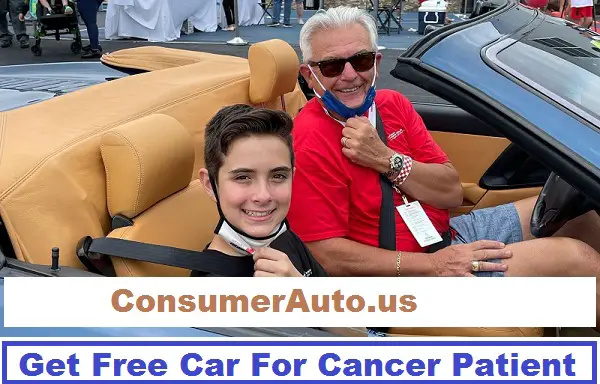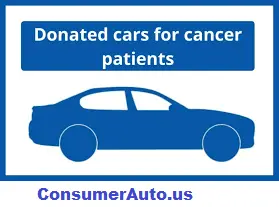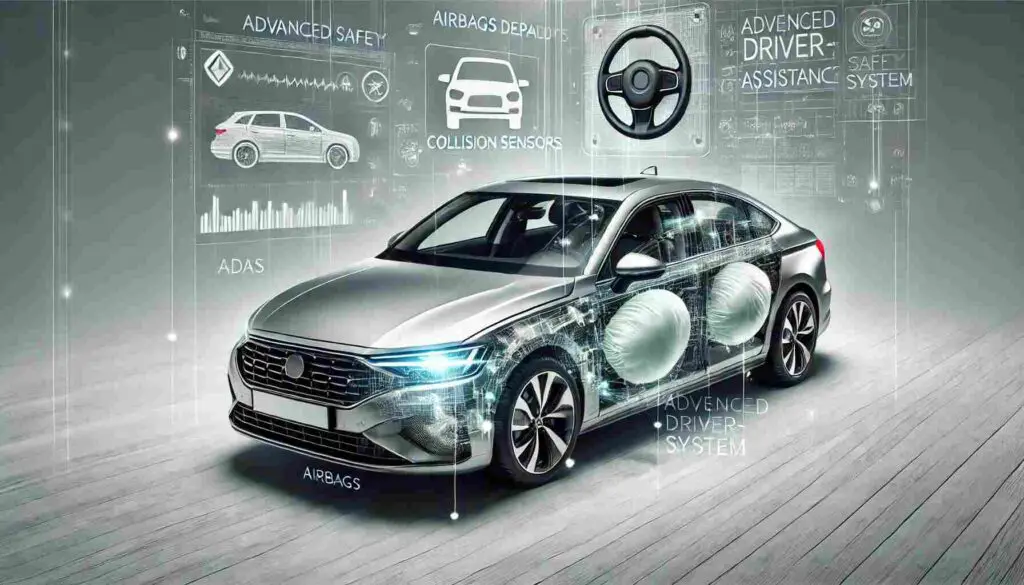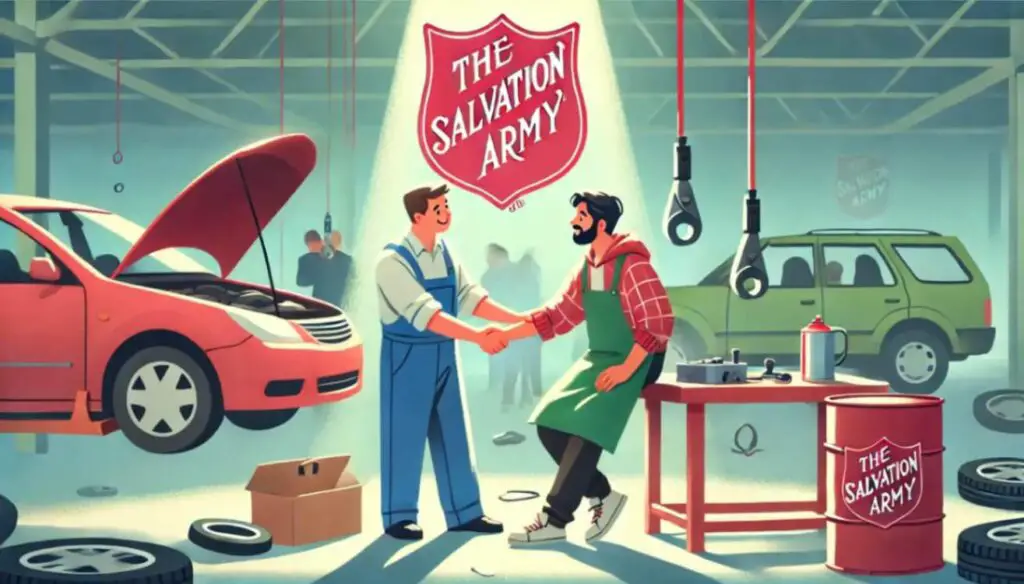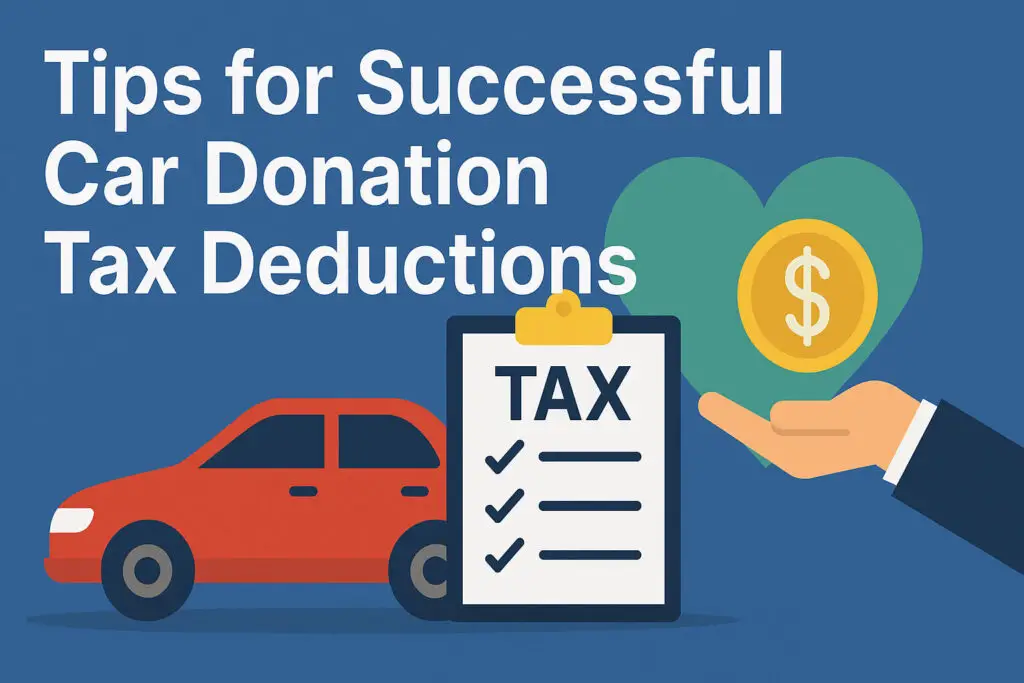Cancer patients face numerous challenges during their treatment journey, and one critical aspect that often gets overlooked is transportation. The ability to travel to medical appointments, therapy sessions, and support groups is vital for cancer patients, but it can be hindered by financial constraints, limited mobility, and the emotional toll of the disease. However, there is hope. In this article, we will explore government free car assistance programs that aim to provide cancer patients with the transportation they need to access essential healthcare services and improve their quality of life.
Understanding Cancer Patient Transportation Needs
Impact of Cancer Treatments on Mobility
Cancer treatments such as chemotherapy, radiation therapy, and surgery can significantly impact a patient’s mobility.
Fatigue, weakness, and side effects from medications can make it challenging to drive or use public transportation independently. Cancer patients often require a reliable means of transportation that can accommodate their specific physical needs.
Financial Constraints and Limited Transportation Options
The financial burden of cancer treatment can be overwhelming, leaving little to no room in the budget for transportation expenses.
For many cancer patients, owning a car or paying for transportation services becomes a luxury they simply cannot afford.
Public transportation may not always be accessible, particularly in rural areas or regions with limited infrastructure. As a result, cancer patients may face significant barriers when it comes to attending crucial medical appointments and receiving the care they need.
Psychological and Emotional Effects of Transportation Challenges
The inability to travel freely can have a profound psychological and emotional impact on cancer patients. Feelings of isolation,
helplessness, and frustration can arise when they are unable to access support groups, counseling services, or connect with their healthcare providers.
Transportation challenges can exacerbate the emotional stress already associated with a cancer diagnosis and treatment, leading to a decline in overall well-being.
Exploring Government Free Car Assistance Programs
Federal and State Government Initiatives
The federal and state governments recognize the transportation needs of cancer patients and have implemented various assistance programs to address this issue. These programs aim to provide free cars or financial support for transportation-related expenses.
Eligibility Criteria for Free Car Assistance
Government free car assistance programs have specific eligibility criteria that cancer patients must meet to qualify for assistance. These criteria may include factors such as income level, medical condition, and residency status. Understanding the eligibility requirements is crucial for patients who are seeking assistance.
How to Apply for Government Free Car Programs
Applying for government free car programs typically involves submitting an application form, along with supporting documentation. The application process may require providing proof of income, medical records, and a statement of need. It is essential for cancer patients to gather the necessary documentation and complete the application accurately to increase their chances of being approved for assistance.
Non-profit Organizations and Charities
In addition to government initiatives, several non-profit organizations and charities are dedicated to supporting cancer patients in their transportation needs. These organizations often collaborate with car manufacturers and dealerships to provide free cars or facilitate discounted transportation services for eligible individuals.
There are a few organizations that provide free cars to cancer patients. These organizations typically require that the patient be undergoing cancer treatment and be unable to afford transportation to and from their appointments.
- American Cancer Society’s Cars for a Cure® program provides free cars to cancer patients who need transportation to and from treatment. To qualify, you must have a valid driver’s license and be able to drive the car yourself. You must also be able to provide proof of cancer diagnosis and treatment.
- ChemoCars provides free rides to and from cancer treatment via Uber/Lyft. Ride costs are 100% paid from donations.
- Road to Recovery is a program of the American Cancer Society that provides volunteer drivers to take cancer patients to and from treatment. To qualify, you must be unable to drive yourself to treatment due to your cancer diagnosis or treatment.
Types of Free Car Assistance Programs
Vehicle Donation Programs
Vehicle donation programs allow individuals to donate their cars to cancer patients in need. Donors receive a tax deduction, while recipients gain access to a reliable means of transportation. These programs create a win-win situation, enabling cancer patients to receive donated vehicles and donors to contribute to a meaningful cause.
How Vehicle Donation Programs Work
When individuals donate their vehicles, these cars are either given directly to cancer patients or sold by the organization to fund their transportation assistance programs. Recipients are carefully selected based on their eligibility and specific needs. Vehicle donation programs play a vital role in providing cancer patients with access to free cars that can alleviate the transportation challenges they face.
Benefits for Donors and Recipients
Donors who contribute their vehicles to these programs not only receive tax benefits but also the satisfaction of making a positive impact on the lives of cancer patients. For recipients, receiving a donated vehicle can significantly improve their quality of life, allowing them to attend medical appointments, participate in support programs, and maintain a sense of independence.
Car Rental Programs
Car rental programs for cancer patients provide temporary transportation solutions for individuals who may not require a long-term vehicle but still need reliable transportation during their treatment. These programs offer reduced rental rates or financial assistance for qualified patients, easing the burden of transportation costs.
Rental Assistance for Cancer Patients
Cancer patients can benefit from rental assistance programs, which provide them with access to vehicles for a specific duration. These programs understand the temporary nature of treatment-related transportation needs and aim to support patients during their treatment periods.
Requirements and Application Process
To qualify for car rental programs, cancer patients typically need to meet specific criteria, such as income thresholds, medical condition verification, and residency requirements. The application process may involve submitting documentation, completing forms, and providing proof of eligibility. It is important for patients to carefully review the requirements and follow the application instructions to increase their chances of acceptance into the program.
Researching Available Resources
When exploring government free car assistance programs, it is crucial for cancer patients to conduct thorough research to identify the resources available to them. Several avenues can be explored to find relevant information:
- Government Websites and Official Resources: Federal and state government websites provide detailed information about free car assistance programs, eligibility requirements, and application procedures. Cancer patients should visit these websites to access accurate and up-to-date information.
- Non-profit Organizations Dedicated to Assisting Cancer Patients: Numerous non-profit organizations focus on supporting cancer patients in various ways, including transportation assistance. Cancer patients can explore these organizations’ websites or contact them directly to inquire about available programs and how to apply.
- Online Platforms and Directories for Free Car Assistance Programs: Several online platforms and directories compile information on government free car assistance programs and non-profit organizations providing transportation support to cancer patients. These platforms serve as valuable resources for patients seeking assistance.
Frequently Asked Questions (FAQs)
- What are the eligibility requirements for free car assistance programs?
- How can cancer patients apply for government free car programs?
- Can family members or caregivers apply on behalf of the cancer patient?
- Are there any restrictions on the type of vehicles provided?
- What are the costs associated with free car programs?
- How long does the application process typically take?
- Are there any tax implications for receiving a free car?
Success Stories and Testimonials
Personal stories of cancer patients who have benefited from free car assistance programs can inspire and provide hope to others facing similar challenges. Testimonials from donors, organizations, and volunteers involved in these programs can highlight the positive impact of free car assistance on the lives of cancer patients.
Tips for Maximizing Transportation Assistance
To make the most of transportation assistance programs, cancer patients can follow these tips:
- Planning and Organizing Transportation Needs: Creating a schedule and mapping out necessary trips in advance can help cancer patients optimize their transportation resources.
- Utilizing Community Resources and Support Networks: Connecting with local community organizations, support groups, and social services can provide additional resources and assistance in accessing transportation services.
- Exploring Additional Financial Assistance Options: Cancer patients should explore other financial assistance programs and resources that can help offset transportation costs, such as gas cards, public transit subsidies, and travel grants.
Conclusion
Transportation should not be a barrier for cancer patients seeking vital medical care and support. Government free car assistance programs and non-profit organizations are working diligently to provide cancer patients with access to free cars and transportation support. By understanding the eligibility criteria, application processes, and available resources, cancer patients can navigate these programs more effectively. With the assistance of donated vehicles, rental programs, and community support, cancer patients can alleviate the financial and emotional burden of transportation challenges, ultimately improving their quality of life and overall well-being. It is important for cancer patients to explore these free car assistance programs and take advantage of the resources available to them, ensuring they receive the transportation support they need throughout their cancer journey

